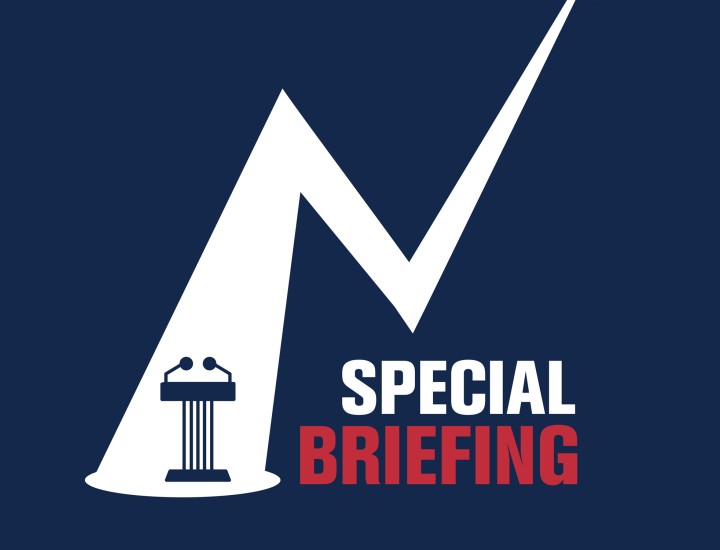New Jersey’s Revenue Forecasting Misses: Good Idea, Bad Execution, Who’ll Pay?

It’s a good idea for states, counties and cities to forecast their revenue. It’s not such a good idea when governments make predictions that are chronically overoptimistic. That’s the pickle New Jersey is in right now. It has a cost.
As Bloomberg News pointed out today, the Garden State, which had already settled a Securities and Exchange Commission complaint that it didn’t fully disclose its pension obligations when it sold bonds to the public, is now getting dinged by Moody’s Investors Service and Fitch Ratings partly for the inaccuracy of its fiscal predictive skills:
Chris Christie is at risk of matching the record of six New Jersey bond downgrades under former Democratic Governor James McGreevey as ratings companies pan the second-term Republican’s revenue forecasts.
Fitch Ratings and Moody’s Investors Service give New Jersey negative outlooks, meaning more cuts are possible as the state’s economic rebound trails the nation’s. Fitch’s cut this month brought the tally of downgrades under Christie to five. Only California and Illinois have lower grades among U.S. states.
Christie, 51, took office in 2010 pledging to end years of Democratic bungling of state finances and fix a pension system heading toward insolvency. His administration has overestimated revenue projections for three straight years, necessitating one-time measures to close mid-year gaps. With less than two months left in the fiscal year, he faces an $807 million hole.
What appears to have fooled New Jersey this time was the surge in individuals’ income tax payments last year that came when they took capital gains late in 2012 to avoid the rise in federal tax rates on Jan. 1. Pennsylvania and Connecticut also fell victim to the same tax-saving tactic. As Fitch pointed out on May 6:
Sharp revenue gains in fiscal 2013 in several income tax-reliant states were at least partially due to income acceleration into calendar year 2012 in advance of federal tax changes. The fiscal 2014 shortfalls appear related to an underestimate of the lingering effects of that acceleration in some states.
Borrowing in the $3.7 trillion U.S. municipal bond market is anemic right now – partly a result of cities and states trying to avoid the cost of servicing new debt – so with Bloomberg reporting muni yields at 11-month lows, the budget-forecasting errors are not resulting in immediate punishment by investors.
S&P Dow Jones Indices estimates that New Jersey state and local securities have returned 5.4 percent this year, beating the broad market’s 5.2 percent gain. The outperformance shouldn’t be taken as a sign of strength, however. Higher returns also are a sign of increased risk, and not getting the numbers right calls into question the accuracy of a state’s entire budgeting process. The next time New Jersey tries to borrow, taxpayers may have to bear the cost of its forecasting errors.

